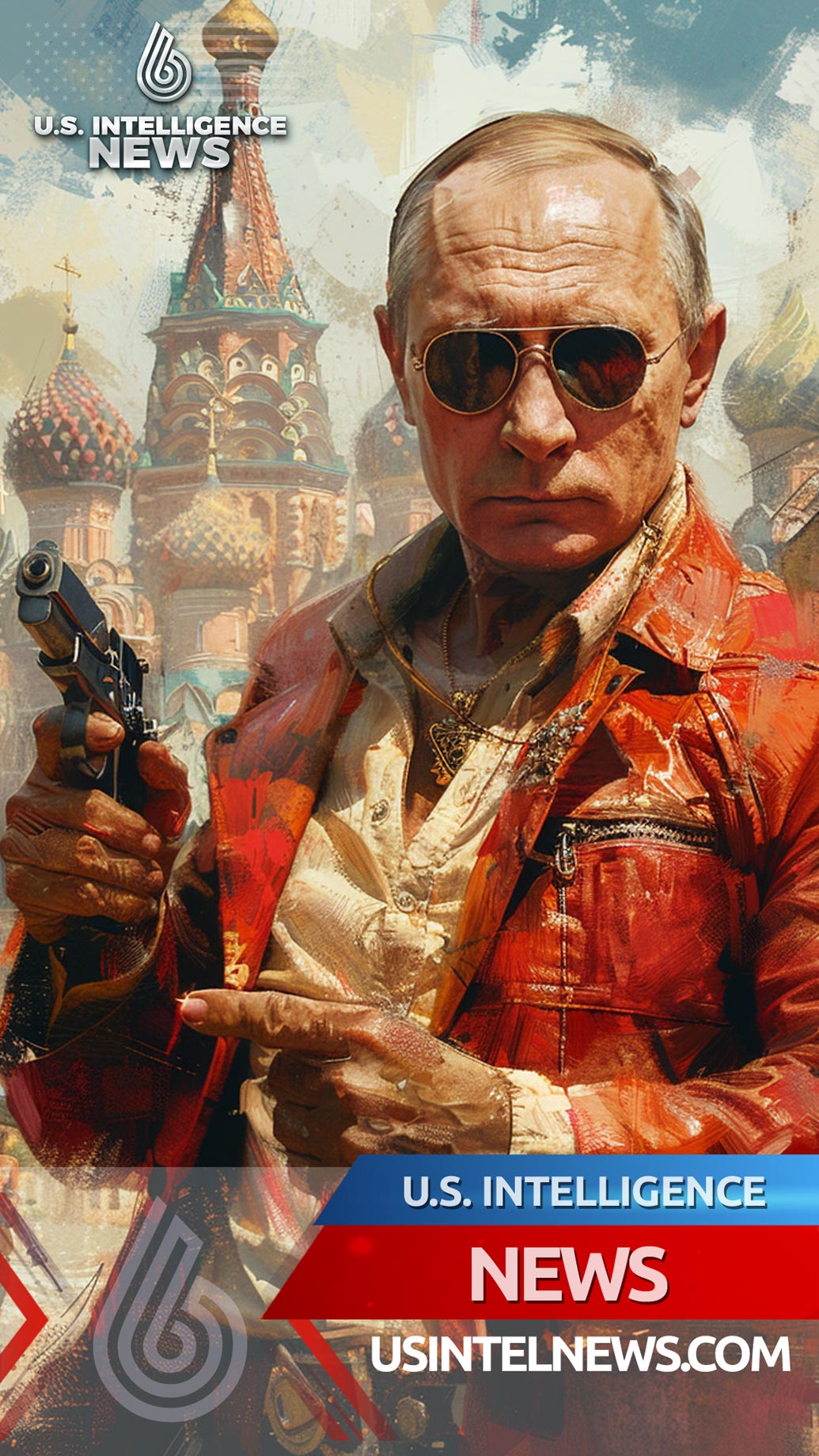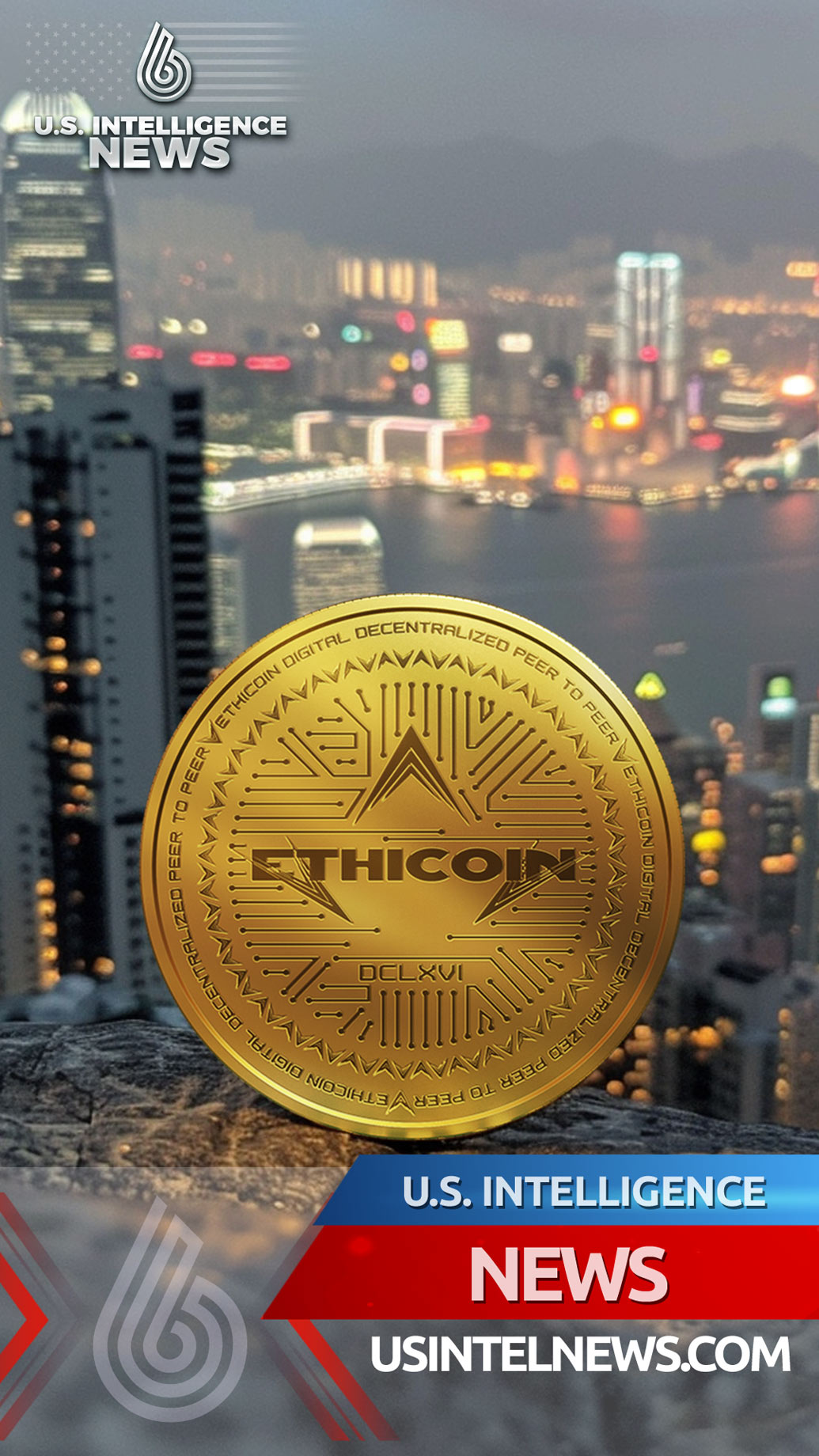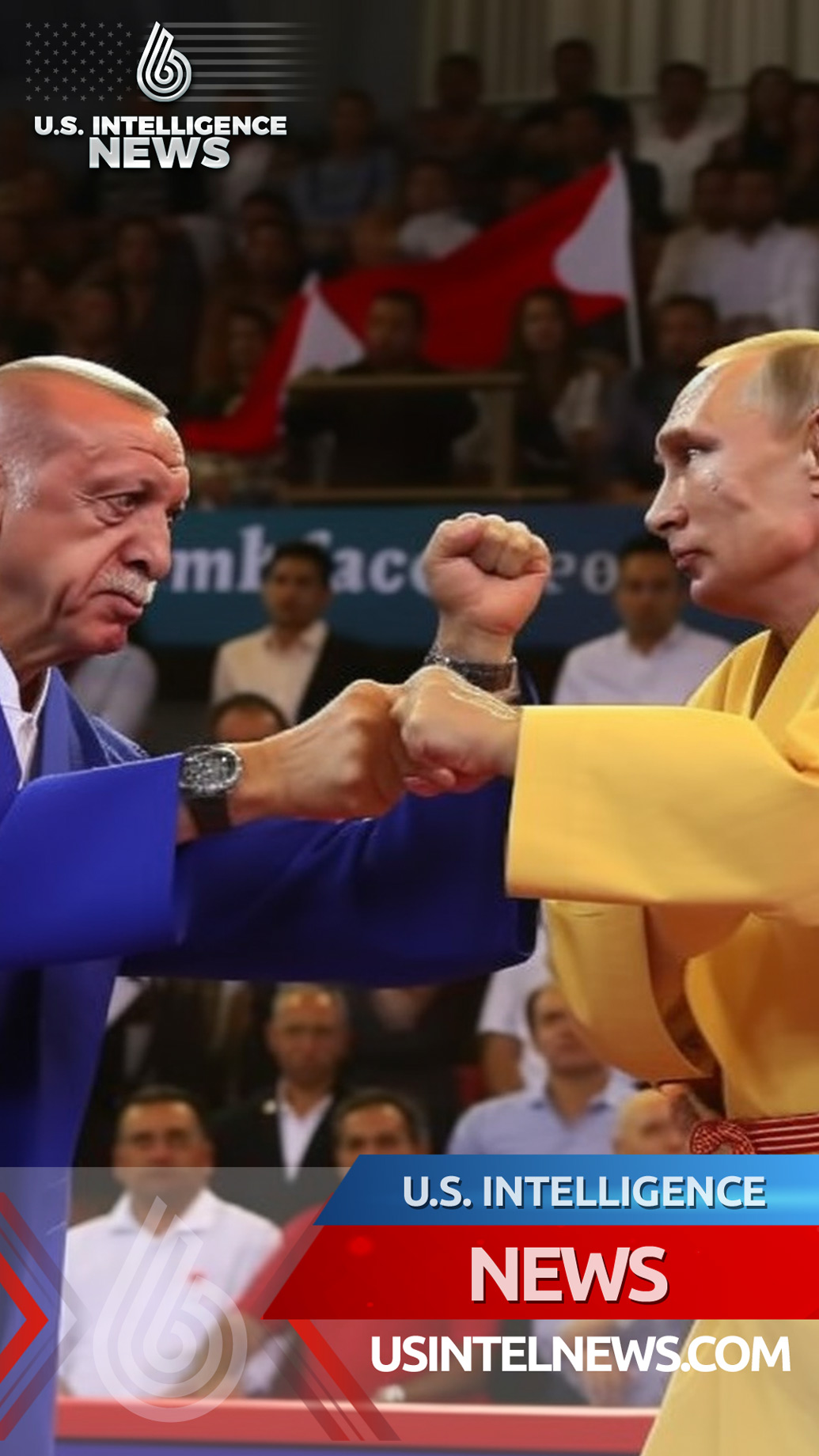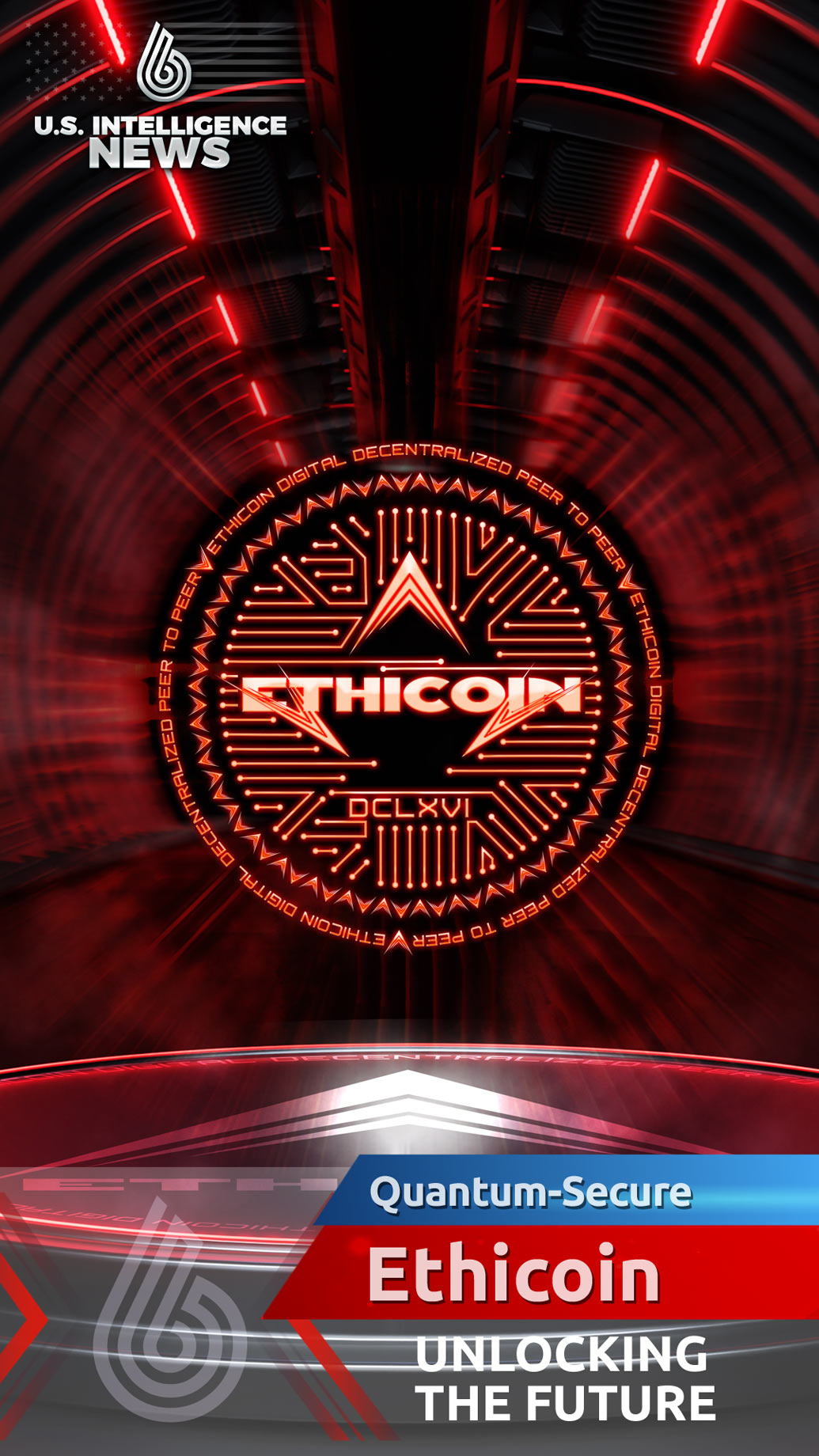
The U.S. Intelligence Community
Wendy R. Sherman, Deputy Secretary of State
Paris, France
Thank you, Jared for the introduction, and apologies for my scratchy voice. Too many airplanes have gotten to me, so I’ll sip tea as we go through this. I hope you all can hear me.
Thank you for joining me this afternoon. It’s always wonderful to be in Paris. Even though it’s a gray afternoon, it doesn’t matter because it’s Paris.
I had the opportunity to speak in this format from Washington back in June, when we focused on the People’s Republic of China. It’s great to see and hear some familiar faces and voices along with some new ones. I understand that this conversation kicks off the Transatlantic Thought Leaders Forum, which is a series of conversations organized by U.S. embassies across Europe in which policy makers will speak with you about how Transatlantic unity helps meet shared challenges.
As with the event we did in June, I know we are on the record. There might be a point at which I have to go off-the-record so we can have the best possible conversation, but I’ll keep that limited if at all. I want to understand what you’re all thinking, so unlike a traditional interview where the questions tend to be directed one way, I may ask you a few questions of my own. In that sense, we can turn this into a true forum for sharing ideas and perspectives.
I want to fundamentally talk about Ukraine and Putin’s unprovoked, premeditated and horrifying invasion of a sovereign country, but I want to start with the breaking news because it’s so wonderful. For those of you who somehow managed to not know, Britney Griner is on her way home. She was exchanged for Viktor Bout and an exchange was made in Abu Dhabi today. I want to thank all of my colleagues at the Department of State and around the world, particularly Roger Carstens and his team. And I want to thank the President and the Secretary of State for making tough decisions.
Finally, I want to note that Paul Whalen Marc Fogel are Americans that remain in Russia. There are others around the world, Americans who are
imprisoned elsewhere, many of whom are wrongfully detained if not most, who we are always working on to bring home and we will continue to work to bring home.
In particular, I want to thank the Whalen family for their unbelievably gracious comments. We are continuing to work very, very hard to bring them all home, and I really thank his family for saying how important it is to bring home an American whenever and however we can. That’s a very difficult statement, and they know we are continuing to work and have made many offers to Russia to try to bring Paul home as well. We’re also working for Marc and others who may be detained.
With that, let me say it’s been nearly a year—it’s hard to believe—since Russia launched its full-scale invasion of Ukraine. This time last year, Russia was amassing 100,000 troops on the Ukrainian border in what it insisted were mere “exercises.”
We didn’t see things that way, and we sounded the alarm. We kept an open dialogue with Russia, and as part of those efforts, I participated in the U.S.-Russia Strategic Stability Dialogue in January. But we were still preparing for the worst—engaging in a flurry of diplomacy to align our policy with Ukraine with our European Allies and with our partners around the world.
In hindsight, it’s clear the Kremlin made a series of miscalculations in its illegal war of aggression against Ukraine. Without a doubt, Putin underestimated the resiliency and determination of the Ukrainian people. He also underestimated the strength of the Transatlantic Alliance. Unfortunately, the war is far from over. While it has been encouraging to see Ukraine recapture so much of its territory, the future hangs in the balance.
To achieve his strategic objectives, Putin is now employing the familiar tactic of doubling down on aggression and intimidation. We’ve seen variations of this throughout the past year, from horrifying filtration operations which separate children from their families to sham referenda and illegal annexations. All of this behavior is incredibly destabilizing to Europe and the world and it’s horrible for Ukraine.
Make no mistake, other potential aggressors are watching what is happening in Ukraine very closely. That is why it is so important for the United States and our European partners to support Ukraine for as long as it takes. This requires sacrifice from all of us, and that can be hard as we see the ripple effects of the war on food and energy prices.
Defending the rules-based international order—which the United States and Europe built together and which has benefitted countries everywhere throughout the globe—requires nerves of steel and a steadfast commitment to our partnership and to our principles. It is absolutely essential for building the future we wish to see.
As we prepare for another winter, the Kremlin has once again turned its attention to weaponizing energy. Russia’s strikes targeting Ukrainian civilian infrastructure, including the electrical grid, have increased dramatically in intensity over the past two months.
The intent is clear and literally chilling: fracture the energy grid; leave millions without power, water, or heat; try to freeze Ukraine during the cold winter months and try to win what Russian forces couldn’t secure on the battlefield. At the same time, we can expect Russia to seek to drive up prices for European citizens across the continent to pressure their governments to back off their strong support for Ukraine.
This is why we’ve been so focused on supporting European efforts to end its dependence on Russian fossil fuels. Earlier this year, President Biden and European Commission President von der Leyen established the U.S.-EU Task Force on European Energy Security to diversify Europe’s liquefied natural gas, advance our shared climate objectives, and help improve Europe’s overall energy efficiency. We’ve also worked with our European partners to stabilize energy prices, most recently by implementing an oil price cap of $60.
In Ukraine, we’ve developed a winterization plan in conjunction with the Ukrainian government and humanitarian partners to protect those in need. France, where I am right now, is a key ally in this effort, and we welcome its plans to host a multilateral conference this month to coordinate these efforts in greater detail. On top of these steps, last week Secretary Blinken announced $53 million for critical electricity grid equipment to help repair, maintain, and strengthen Ukraine’s energy sector in the face of continued Russian attacks.
Nobody wants to see high energy bills, but we can’t allow the cost of heating our homes to depend on the whims of an autocrat who has demonstrated more than a penchant for military aggression.
This moment also presents an opportunity for us to accelerate our energy transition toward renewable sources. This is the best way to bolster energy security in the medium and long term. Simply put, clean energy is secure energy.
A year ago, more than a few observers were questioning how Transatlantic unity would fare as we faced the prospect of the largest land war in Europe since World War II. As we gather here today, we have shown the world what we can achieve when we stick together and stick to our common values.
We are incredibly grateful to our European Allies for their partnership. And as we face key issues beyond Russia’s aggression from global health and climate change to the ongoing challenges posted by the PRC, we’ll continue to build our vision for a secure and prosperous future together for everyone.
Thanks again for joining me today. I apologize again for my gravelly voice. I look forward to our discussion, and I hope this event will launch a series of enriching discussions about Transatlantic partnership over the coming year.
Thank you very much.


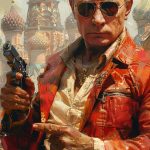 Russia Refocuses on Hybrid Operations in Moldova, Armenia, Georgia, and Baltic States
Russia Refocuses on Hybrid Operations in Moldova, Armenia, Georgia, and Baltic States  Bitcoin and Tether Self-Destruct: How Ethicoin is Redefining the Future of Ethical Finance
Bitcoin and Tether Self-Destruct: How Ethicoin is Redefining the Future of Ethical Finance 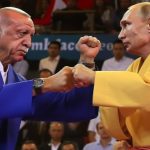 Kremlin’s High-Stakes Gambit: Secret Deals, a Presidential Double, and the Fight to Salvage Power in Syria
Kremlin’s High-Stakes Gambit: Secret Deals, a Presidential Double, and the Fight to Salvage Power in Syria  Putin’s Economic Gambit: Russia Aims for Global Oil Dominance Amid Sanctions Pressure
Putin’s Economic Gambit: Russia Aims for Global Oil Dominance Amid Sanctions Pressure 